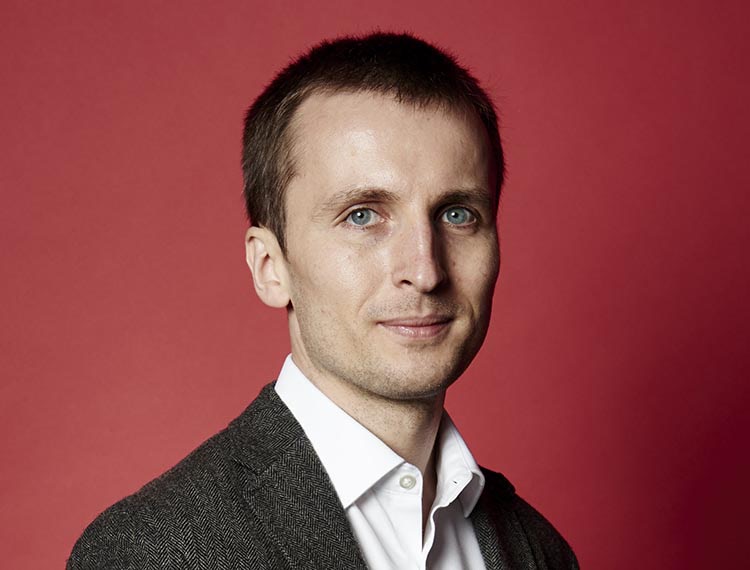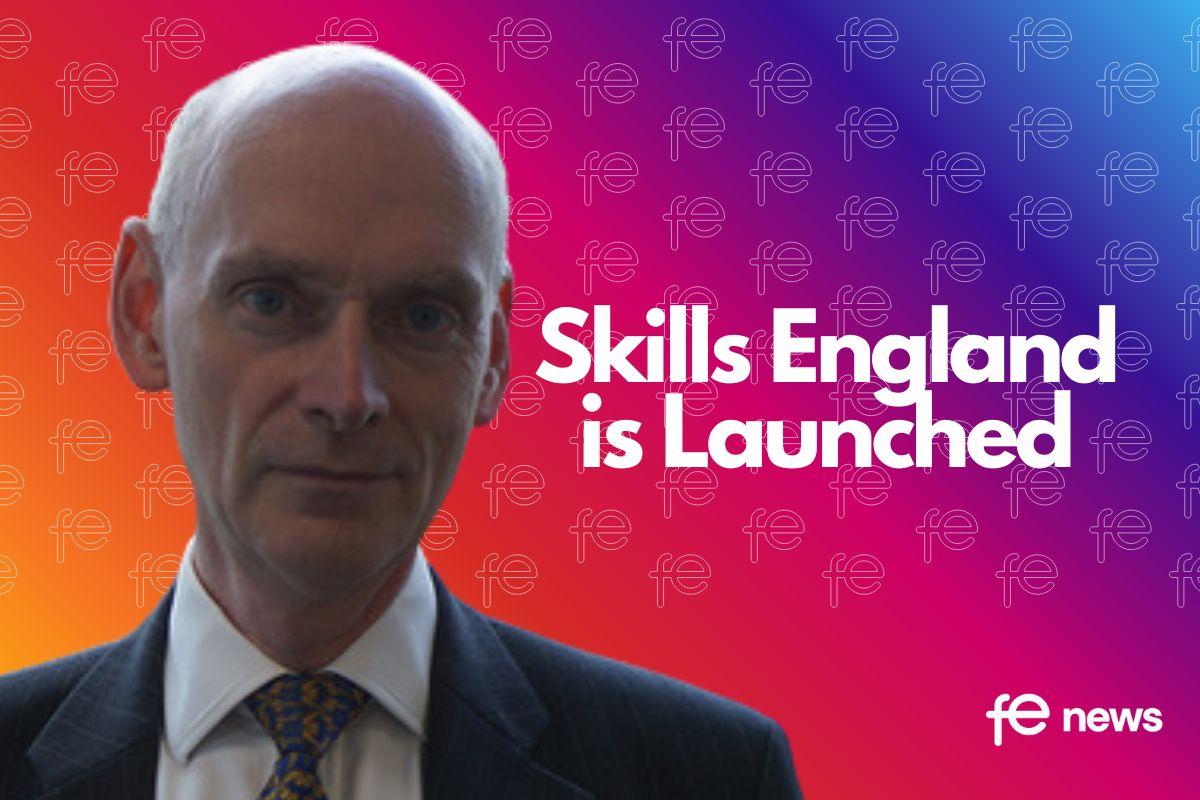Software Coder or University Degree? Preparing graduates for the fourth industrial revolution #4IR

It’s that time of year again.
A Levels and GCSEs have been published, and places have been allocated across university campuses.
All those weeks of studying and stress have paid off for many students looking to forge a career path through higher learning.
But what can they expect when they graduate from higher learning?
For the most part, students going after conventional professional roles can expect job security and generous remuneration packages that conflate the average figures.
Earnings vary widely, but as a ballpark figure, the job site Indeed recently looked at the best-paid jobs for graduates fresh out of university.
It revealed that vets were earning the best starting salary at £31,636.
For those not cut out to work with animals, how can they find a good, well-paid job after graduation?
Do you even need a university degree to earn a good salary?
While a vet’s starting salary of £31,636 is appealing, this figure is actually trumped by the average entry-level software coder, who can get the qualifications so many employers desperately need through vocational training instead of a four-year university degree.
In other words, in less time, you get more value-added skills for less money. It’s an investment for the future.
University might still be a great pathway to ‘learn and earn’, but it’s not the only option that students have in life to make their mark in the workforce.
Many graduates are entering the labour market without being prepared for a competitive job market that looks different than a decade ago. With student debt rising, the idea of not having the right qualifications for work is a frightening prospect indeed.
The new world of work will look very different in a very short period of time. So how do we prepare graduates for it?
We train them to play a part in creating it.
The World Economic Forum (WEF) believes the employment market will be disrupted by the Fourth Industrial Revolution, which includes advancements in artificial intelligence and machine learning, robotics, nanotechnology, genetics and biotechnology.
This will lead to “widespread disruption not only to business models but also to labour markets… with enormous change predicted in the skill sets needed to thrive in the new landscape,” according to its ‘Future of Jobs’ report.
World Economic Forum: The Future of Jobs Report 2018 https://t.co/FlJMcGD5RO
— FE News (@FENews) August 27, 2019
This revolution might not replace the need for vets, but it does create new jobs and opportunities that need the right skill set. Think cyber security specialists, bot managers, digital bank online services liaison officers, voice UX designer, automated car fleet directors. The list goes on.
Software engineers are building our digital world with beautiful lines of code. It is this new computer language that is laying down the foundation for tomorrow’s driverless car, the world’s newest digital banks, the future AI voice recognition motorcycle.
At Makers we’ve been training software engineers through our coding bootcamp for a number of years now, with inspiring results. All of our alumni get the training they need in a matter of months and they have all landed great jobs in highly sought-after companies like Vodafone, FT, Sky, and Deloitte.
Many employers are also addressing the digital skills gap by tapping into the government apprenticeship levy to use their allowance to train the workforce they need for the future.
We are now working with employers to use their government Apprenticeship Levy to pay for the apprentice’s software engineering education at Makers. We’ve condensed the apprenticeship programme into 12 months.
Apprentices learn at Makers for several intensive months before starting on-site with their employer. They do an 8-month placement programme and build software professionally while they continue to receive support from us.
Unlike university, this type of apprenticeship ensures that upon completion you’ve got an exciting job that is not only waiting for you, but one that you are qualified to do and which you will enjoy.
The future of work will be defined by the technology that is shaping it.
Let’s ensure that tomorrow’s labourforce is prepared for it.
Evgeny Shadchnev, CEO, Makers











Responses